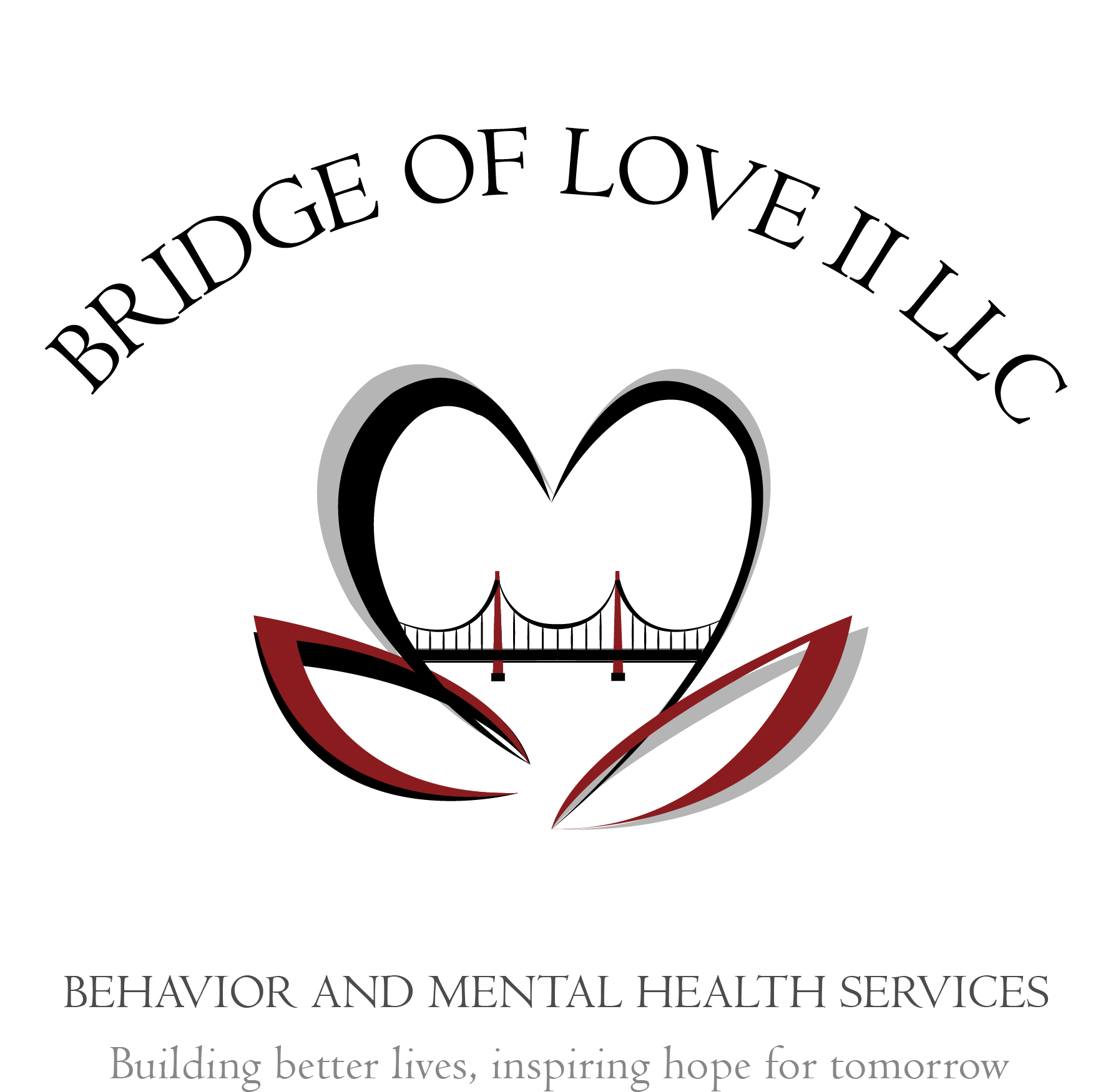Trauma Bonds and Wounded Souls
To the unhealed person,
The broken soul
Afraid to let go
But seeking solace in another persons soul,
Only to bond with the same trauma that bruised their soul.
To the one who is afraid to let go,
Who can’t heal
Because of the wounded hole
That resonates so deep inside,
So far down
That no one can know,
How it is covered up by
The hatred of narcissistic behaviors, personality disorders, and unstable moods that inflicted your deep seeded wounds –
So, you transfer it to another persons soul.
It’s the trauma bond that holds you.
No, it’s your unwillingness to let go.
Free yourself of the past, the wounds, the broken you that would not let you go.
So, I say to you, broken soul,
you can be free; it’s your choice.
Just let go.
No more trauma bonds,
No more, no more, just say no!
~DrMontgomery 07/2024
What Are Trauma Bonds?
A trauma bond is a psychological response to abuse where the abused person forms an unhealthy attachment to their abuser. This bond can occur in various types of relationships, including romantic, familial, or professional settings. Here are some key characteristics of trauma bonds:
-
-
- Cycle of Abuse: The relationship typically involves a recurring cycle of abuse followed by periods of remorse and reconciliation. The abuser may alternate between abusive behavior and acts of kindness or affection, creating confusion and dependency in the victim.
- Power Imbalance: There is often a significant power imbalance in the relationship, with the abuser exerting control and dominance over the victim.
- Emotional Manipulation: The abuser may use tactics such as gaslighting, guilt-tripping, and manipulation to maintain control and keep the victim emotionally dependent.
- Isolation: The victim may be isolated from friends, family, and other support systems, making it harder for them to leave the abusive situation.
- Cognitive Dissonance: Victims often experience cognitive dissonance, holding conflicting beliefs about the abuser and the relationship. They may rationalize or minimize the abuse to maintain a sense of normalcy.
- Addictive Nature: The intermittent reinforcement of positive and negative behaviors can create an addictive pattern, making it difficult for the victim to break free.
- Low Self-Esteem: Prolonged abuse can erode the victim’s self-esteem and sense of self-worth, making them feel undeserving of better treatment or incapable of leaving the relationship.
-
Understanding trauma bonds is crucial for recognizing abusive relationships and seeking appropriate help and support. If you or someone you know is experiencing a trauma bond, it may be beneficial to reach out to a mental health professional or a support organization for assistance.
